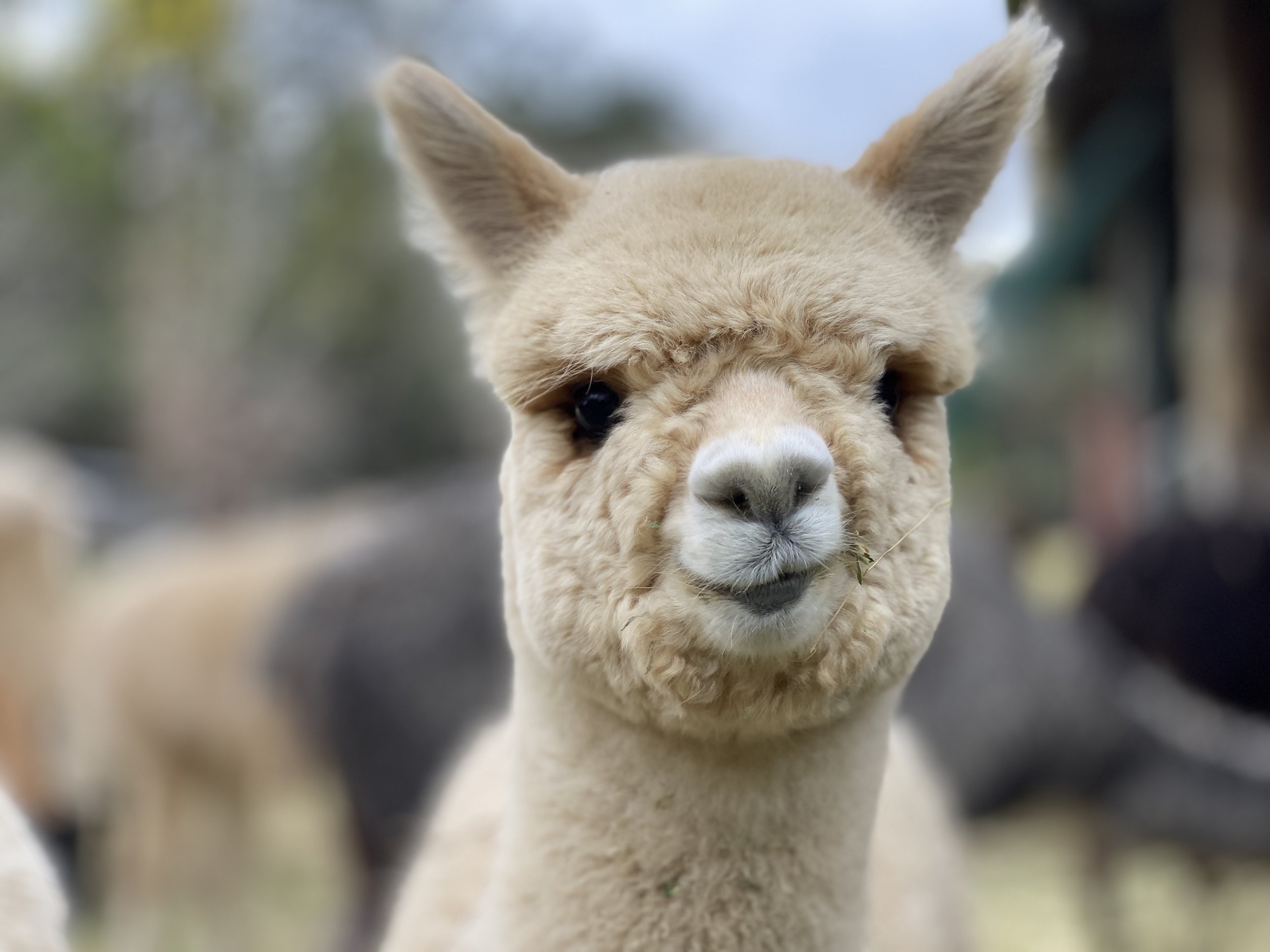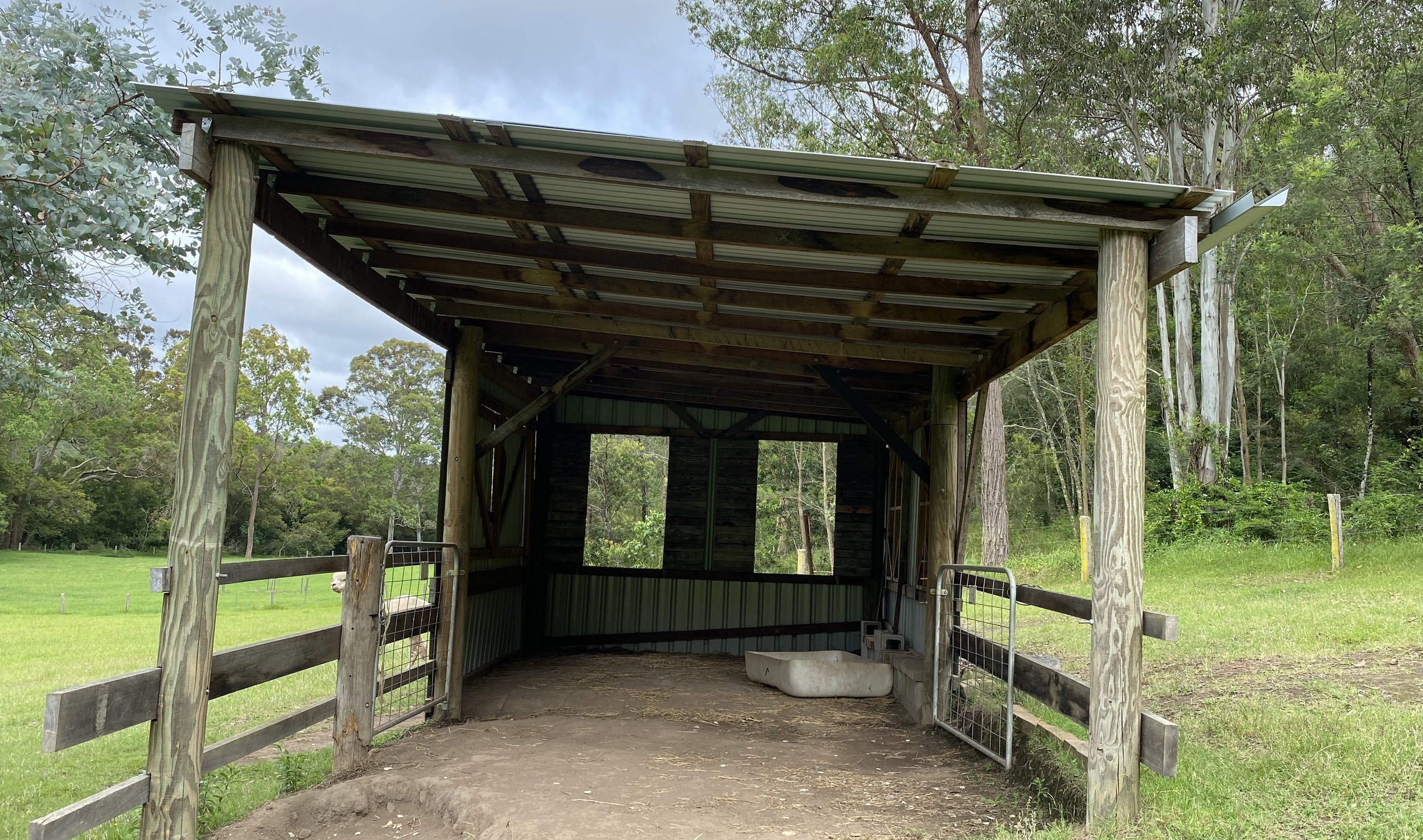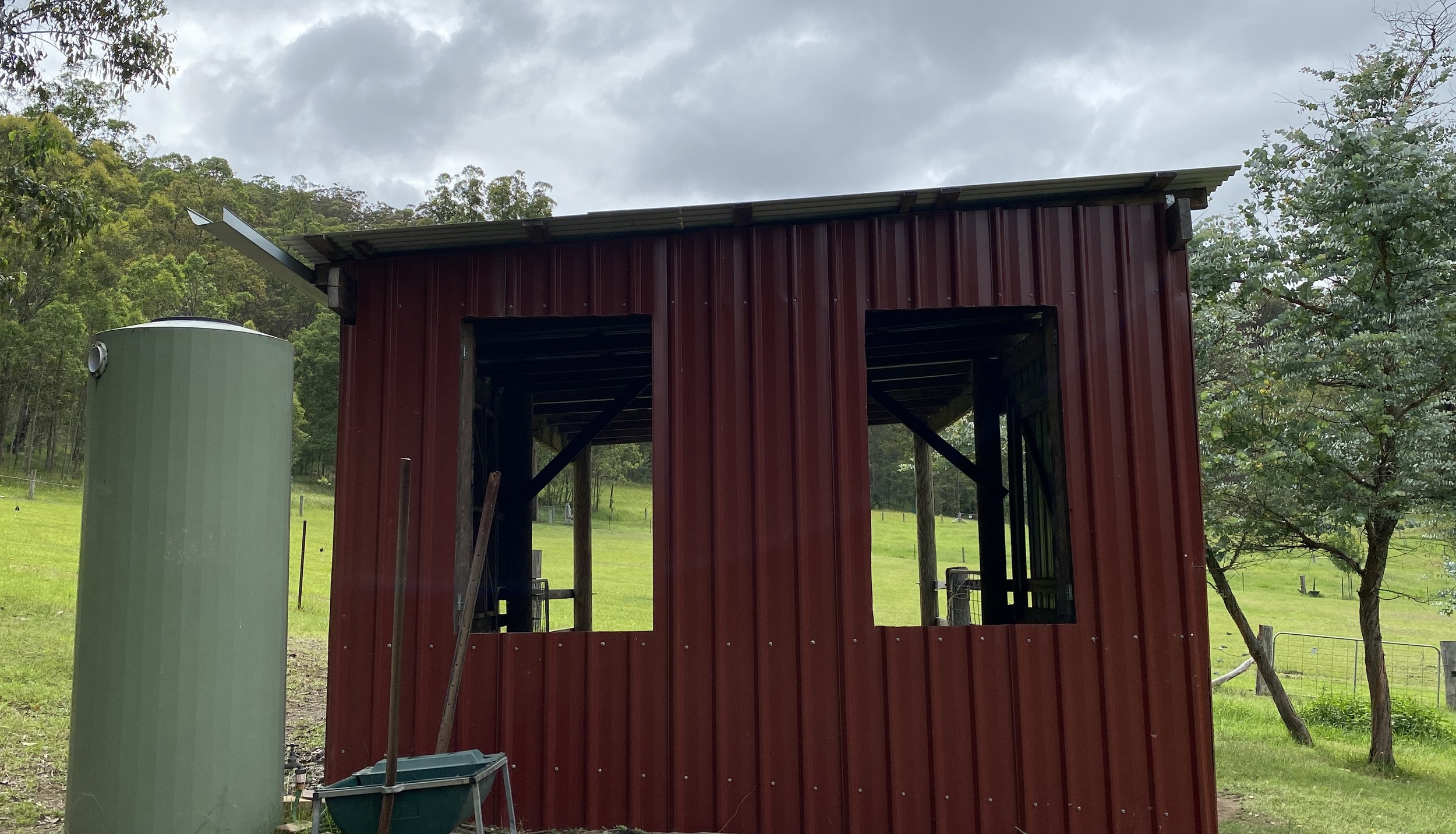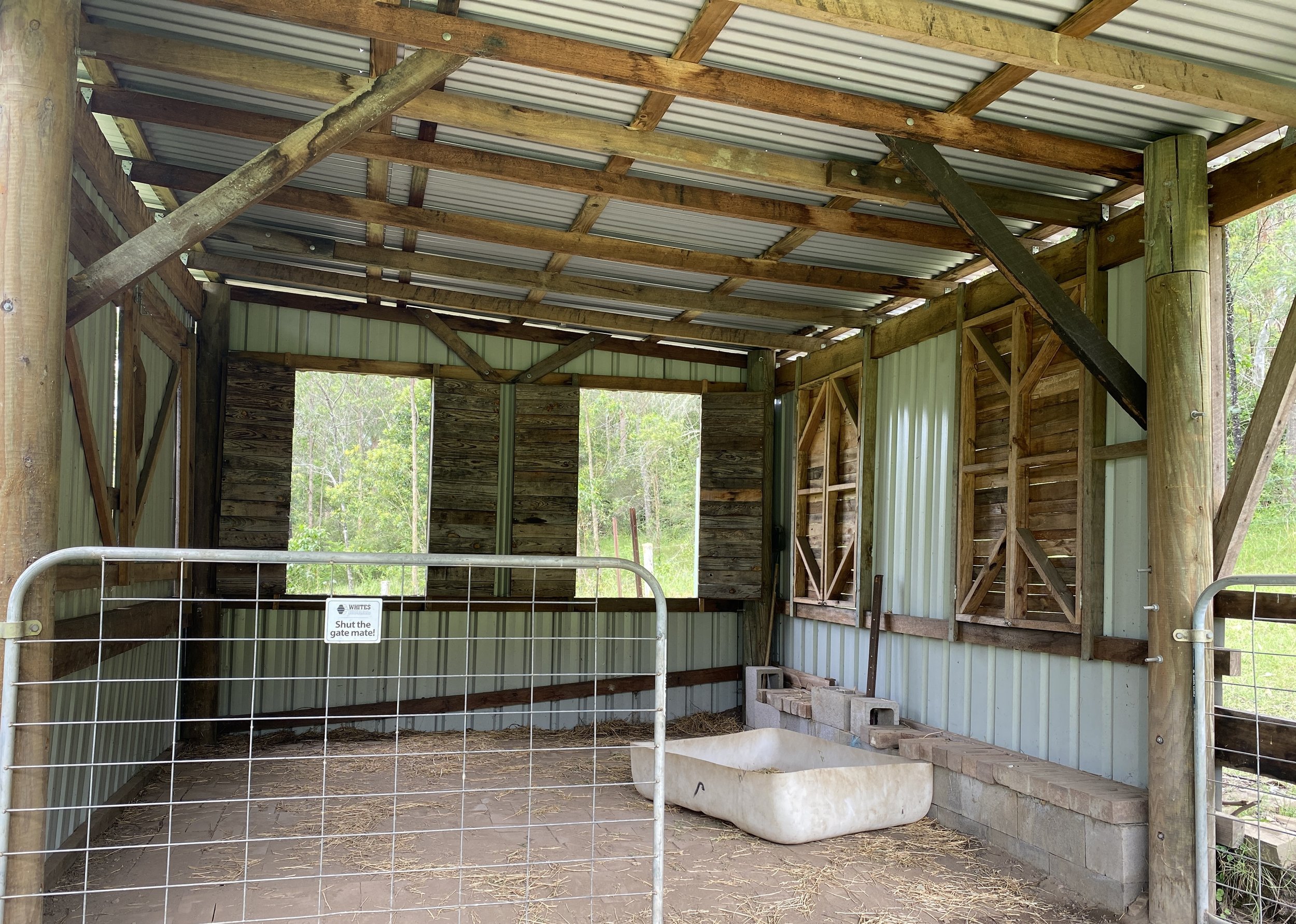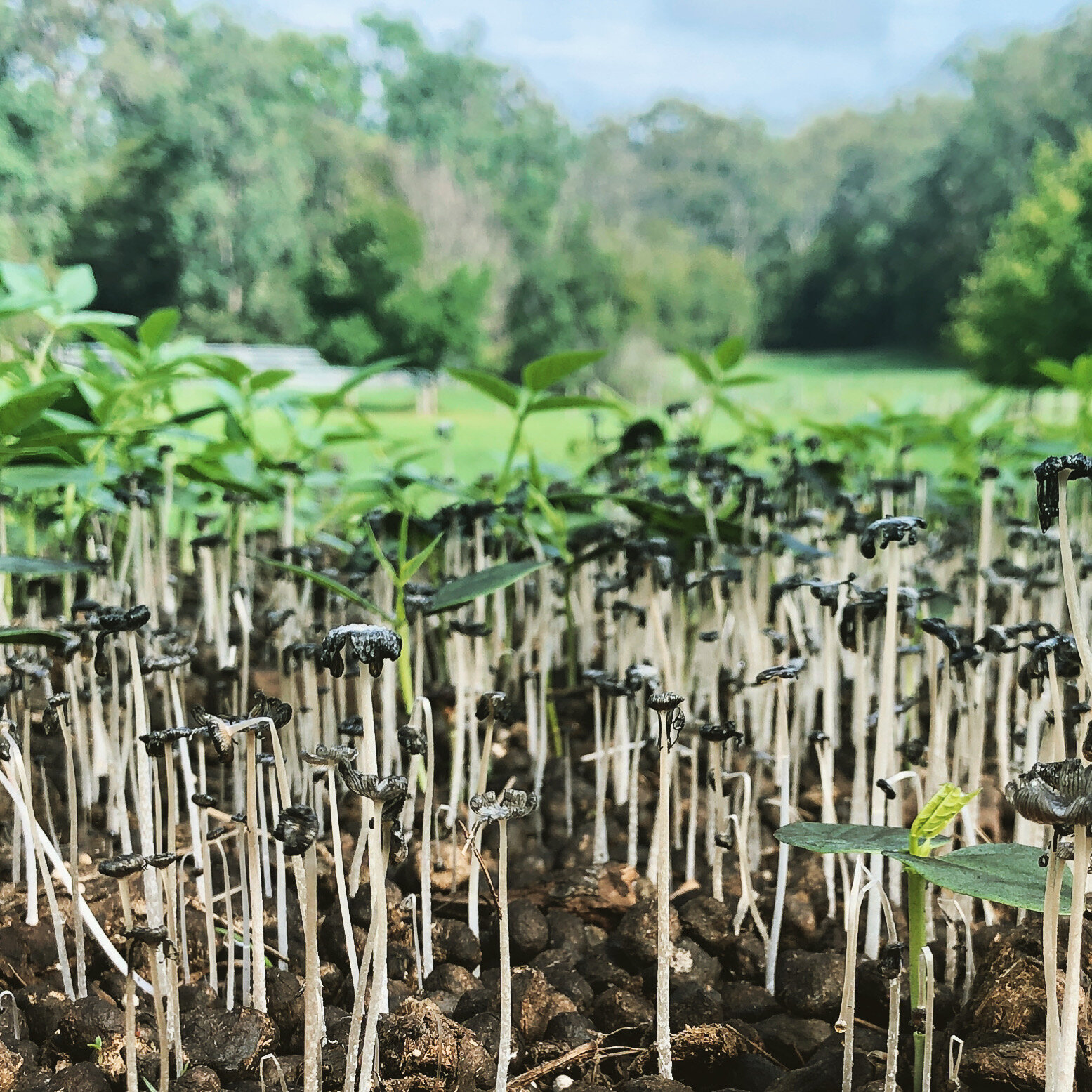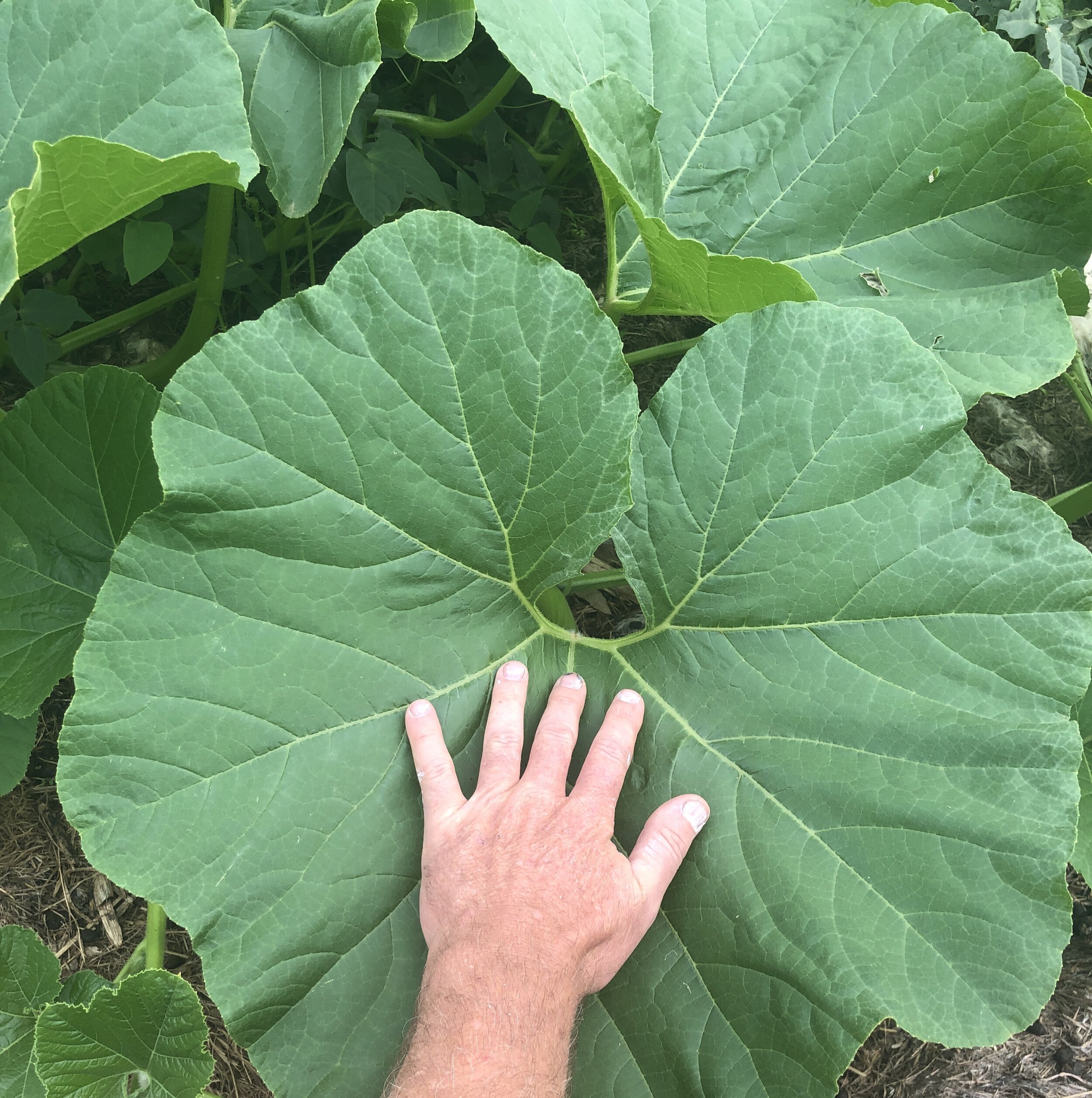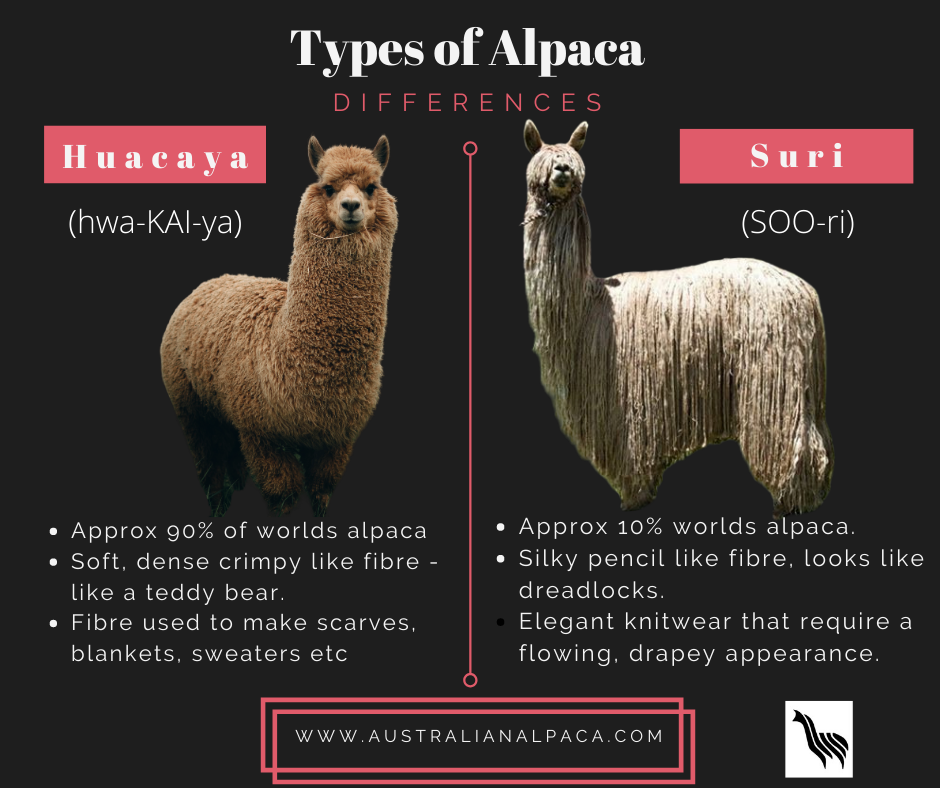We have come along way with building trust with this female.
We rarely rescue alpacas, but we take them in to help out whenever we can. We aim to restore their health, address trust issues, and teach them to interact with other alpacas and humans again.
I dedicate much time to building trust with and desensitizing the alpacas. This is crucial for us to handle them calmly, trim their nails, shear them, and administer vaccinations and vitamins. This level of care helps them thrive once again in the paddocks.
All alpacas are handled in a 3 x 3 m pen that is safe for both animals and humans.
This particular female alpaca picture below was quite feisty and had not been handled or had her nails trimmed properly. We had to work on gaining her trust and improving her behaviour. Today, we reached a milestone as she allowed us to kiss and cuddle her, and even smiled. There was no kicking, screaming, or running around the pen.
She's a gorgeous girl, and I've received many more cuddles from her since then. Her nails are now looking much better and she is thriving once again.
Join us for our monthly Sunday workshop on handling and farming alpacas. They are beautiful animals. Can't make it to our workshop? Then, we have the alpaca farming manual available for purchase online.
Our next Sunday alpaca workshop will be Sunday 16th June 2024 at 10:30am. Book online to reserve your place as numbers are limited.
Remember: Alpacas are not suitable as house pets. They are livestock and should not be treated like dogs or cats. Improperly raised alpacas can become dangerous and may need to be euthanised if they have not been properly socialised. Please look up Berserk Male Syndrome.
If you want to buy alpacas, make sure you have a PIC# from your Local Land Services and purchase livestock from a reputable breeder who will also mentor you.
We are members of the AAA







